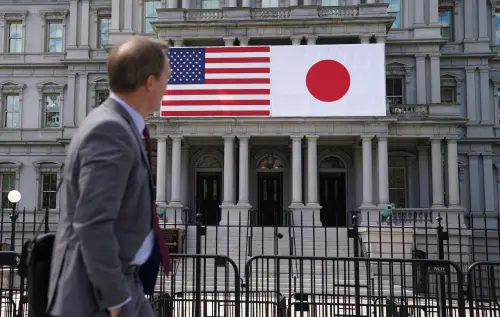Since the political demise of President Suharto in 1998, Indonesia has been pre-occupied with a complex, often messy, process of democratization. Some progress has been made, through a combination of measured change and, more often, political convulsion. Yet despite the scope of reforms thusfar, and the obvious need for further reform, democratization in Indonesia has primarily been a backdrop for bitter in-fighting among Jakarta elites. Into this battle the most volatile groups are increasingly drawn: the armed forces, Suharto-era power brokers in search of a new, if more democratic, role in national affairs; and Muslim groups facing a surge in political Islam, both within and outside Indonesia. The world?s largest Muslim-majority country, Indonesia had traditionally been a source of Muslim moderation, whose population were inclined to describe themselves as “paper Muslims.” As internal conflicts have intensified, however, political Islam has risen, if only for instrumental purposes. These client groups, the military and Muslim organizations, are involved in their own internal power struggles which themselves have bearing on the prospects for democratic development in Indonesia.
The cost of this wheels-within-wheels struggle is increasingly apparent as a distracted central government finds it difficult to stem separatist movements in critical provinces; halt communal violence; address abuses of the past; and meet domestic and international demands for recovery from a five-year long economic crisis. To this daunting list must now be added the demands placed upon Indonesia by the United States and the international community in the wake of the events of September 11, 2001.
Beneath this crowded policy agenda is a more fundamental struggle, first to define and then to put into practice the concept of democratic legitimacy in Indonesia. In the thirty-year era of Suharto?s New Order, authoritarian rule was wrapped in the self-styled ideology of pancasila. Ostensibly based in ethnic harmony and decision-making by consensus, pancasila was the ideological rationale for Java-centric rule, with the military as the enforcer and guarantor of internal security, and ultimately of national unity. Indonesia?s democratization is made more complicated by the legacy of pancasila and the separate but inter-linked tasks involved in moving toward greater democratic legitimacy: balancing power more equitably between the executive and legislative branches; building a stronger and more independent judiciary; devolving greater authority and resources to provincial and local levels; and changing the tenor and terms of civil-military relations. In each of these processes, the central government must broker dynamics between winners and losers with effective but democratic rule.
At present, however, there is little understanding of the concept of democratic rule, or of the implicit strength it requires, in the Jakarta elite or in the broader Indonesian society. In this sense, Indonesia?s democratic experiment reflects a post-cold war conceit, which reflexively (if inaccurately) equates a weakening of government with democratization. But the recent sharp increase in separatist struggles and communal conflicts in Indonesia, and in several other democratizing countries from Eastern Europe to Africa, suggests that dismantling authoritarianism is no guarantee of democratization. Indeed, that process may seriously damage the prospects for democratization with the delicate and dangerous timing of the transition. In pragmatic terms, if Jakarta cannot establish democratic legitimacy and effective democratic rule within the decade, the longer-term prospects for Indonesian democracy, and even the territorial integrity of the Indonesian nation, are dim.


Commentary
Indonesia’s Democratic Difficulty: The Center Will Not Hold
March 1, 2002